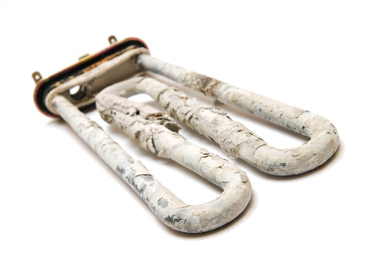Why rules create bureaucratic limescale

The instinct to create new regulations to prevent mistakes only makes inefficient management styles more likely
Simon Caulkin
So much of management consists of making it hard for people to work,” the celebrated management consultant Peter Drucker once sighed. One important reason is that curse of our age – the build-up of rules that seem designed to prevent people using their own judgement. Think tick-box customer service, police requirements to fill in endless forms for a tiny incident and authors having to undergo a Criminal Records Bureau check to read a poem to children in school. Drucker understood that the rule of rules is that they are always added, never taken away, even when their rationale is long forgotten. This clearly makes for ineffective management styles, which is why he advocated a periodic management spring clean in the shape of a zero-based assessment of everything the organisation does. Why do we do this? Does it add value? What bad things would happen if we didn’t do it?
It would be even better not to make daft rules in the first place. Is there a rule for that? Yes, there is. In his book, The Happy Manifesto (a delight, by the way – read it), Henry Stewart describes how, as far as possible, his award-winning training company dispenses with rule-making altogether. How? By drawing a distinction between rules and systems. “There is a crucial difference between the two,” says Stewart. “A rule has to be obeyed. In response to a rule you are expected to suspend your judgement. A system is the best way we have found so far to do something. But, if any member of sta. can think of a better way in the situation they are in, they are encouraged and expected to adapt the system.”
In many organisations, in business as in politics, the knee-jerk response to a mistake is to create a rule to prevent it happening again. Yet the accumulation of rules merely leads to bureaucratic limescale. Of course, you can’t just get rid of rules and leave people entirely on their own. But start thinking in terms of systems and you immediately have terms of reference in which judgement and common sense can be exercised.
Moreover, the system tells you if and when rules are necessary. In any system there is natural variation or noise. Mistaking noise for a signal of malfunction or real change is the commonest cause of rule buildup. When the monthly crime rate jumps in January, police chiefs may chide bobbies on-the-beat for getting slack and order them to raise arrest rates. But if the cause for the apparent increase in crime was cold, damp weather in December, which kept villains indoors – they don’t like getting wet either – and crime figures low, the new rule is worse than irrelevant. To meet the new rule officers may massage the numbers or make pointless arrests, thus necessitating another rule to compensate for the effects of the last rule. Therefore the new rules destabilise the system and make it even harder to manage.
If, on the other hand, the crime wave is the result of a change in the law, or an influx of gangsters from a neighbouring patch, a rule change to make the system work better may be necessary. To be fair, it’s not always as easy as this to distinguish noise and variation within the system from a real signal from without. But whoever said that management was easy? One great rule remains: be very careful of rules, because, as with many things in management, there’s more to them than meets the eye. Making good ones is much harder than making bad. There are no short cuts. As Drucker also warned: “In the end it all degenerates into hard work.”

Press & Media Enquiries
For more information or to request interviews, contact CMI's Press Team on 020 7421 2705 or email press.office@managers.org.uk


